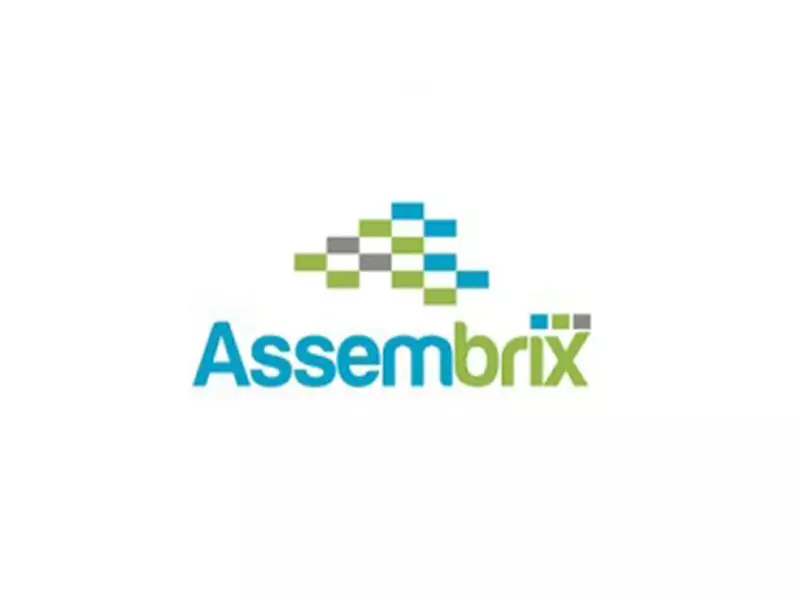
In a groundbreaking technological achievement, an international team of researchers and industry experts has successfully demonstrated the remote 3D printing of certified components for the oil and gas sector. This Israel-led project marks a significant milestone in digital manufacturing capabilities.
International Collaboration Yields Manufacturing Breakthrough
The project brought together experts from multiple countries and institutions, creating a truly global effort. The team included representatives from Israel's Tel Aviv University, the University of Delaware in the United States, and the DNV GL classification society from Norway. This diverse collaboration combined academic research with industrial expertise and certification standards.
What makes this achievement particularly remarkable is the geographical separation of the teams involved. Researchers and engineers operated from different locations worldwide while successfully coordinating the manufacturing process. This demonstrates the potential for distributed manufacturing networks that can operate across international boundaries.
Technical Specifications and Certification Process
The team focused on producing critical components that meet the stringent requirements of the oil and gas industry. These parts must withstand extreme conditions including high pressure, corrosive environments, and substantial mechanical stress. The successful certification by DNV GL confirms that the 3D printed components meet industry standards for safety and performance.
The manufacturing process utilized advanced additive manufacturing techniques, specifically laser powder bed fusion technology. This method allows for the creation of complex geometries that would be difficult or impossible to produce using traditional manufacturing methods. The remote operation involved secure digital transmission of design files and real-time monitoring of the printing process.
Quality assurance was maintained through continuous monitoring and data collection throughout the manufacturing process. Each component underwent rigorous testing and validation to ensure it met the required specifications before receiving certification.
Implications for Global Manufacturing
This successful demonstration has far-reaching implications for multiple industries beyond oil and gas. The ability to remotely produce certified components could revolutionize supply chains and manufacturing logistics worldwide. Companies could potentially manufacture parts on-demand at locations closest to where they're needed, reducing shipping costs and lead times.
The technology also promises to enhance supply chain resilience, particularly in remote or challenging environments like offshore drilling platforms or mining operations. Instead of waiting weeks for replacement parts, companies could print them locally using digitally transmitted designs, significantly reducing downtime.
This breakthrough also supports sustainability goals by potentially reducing the carbon footprint associated with transporting heavy industrial components across long distances. Additionally, additive manufacturing typically produces less material waste compared to traditional subtractive manufacturing methods.
The success of this Israel-led international project signals a new era in digital manufacturing. As the technology continues to develop and standards evolve, we can expect to see broader adoption of remote 3D printing for certified components across various heavy industries, potentially transforming global manufacturing paradigms.






